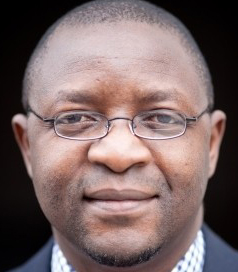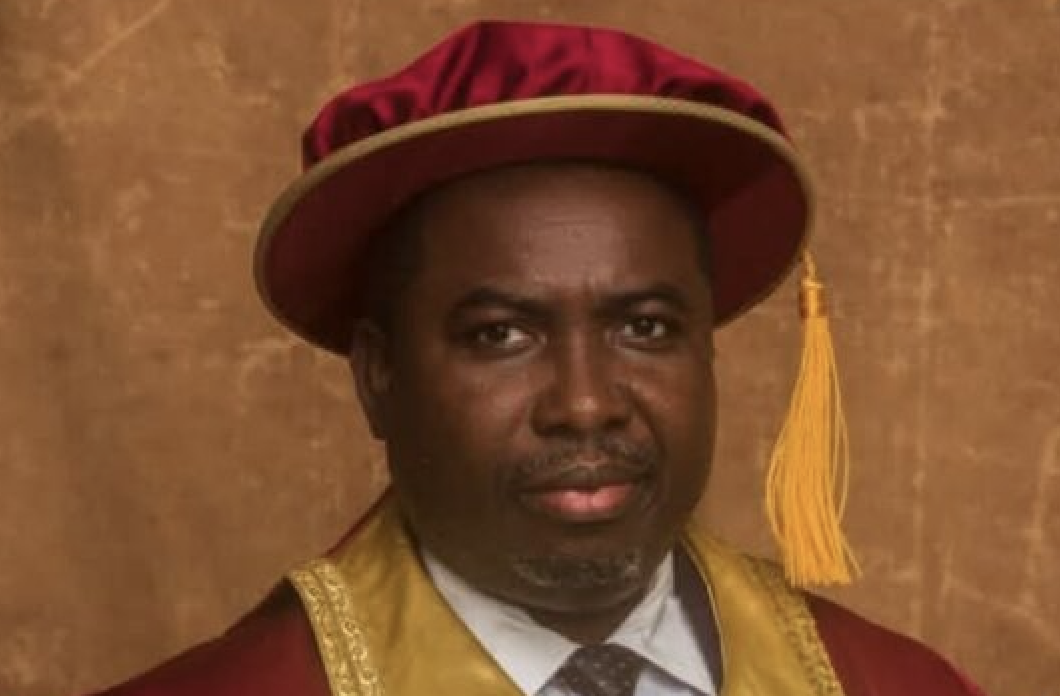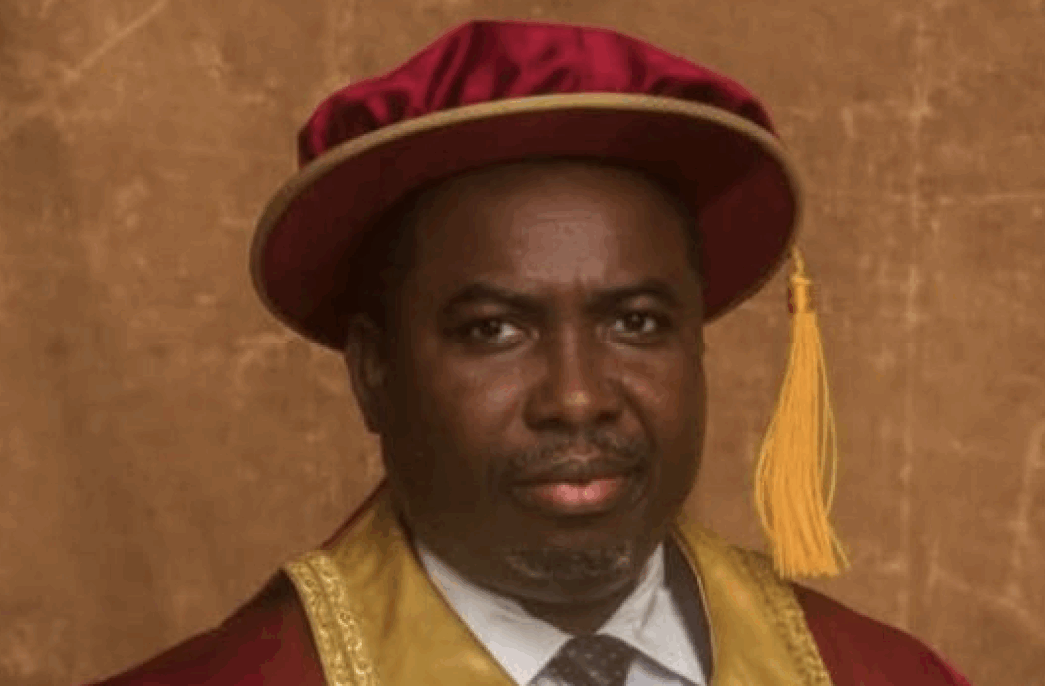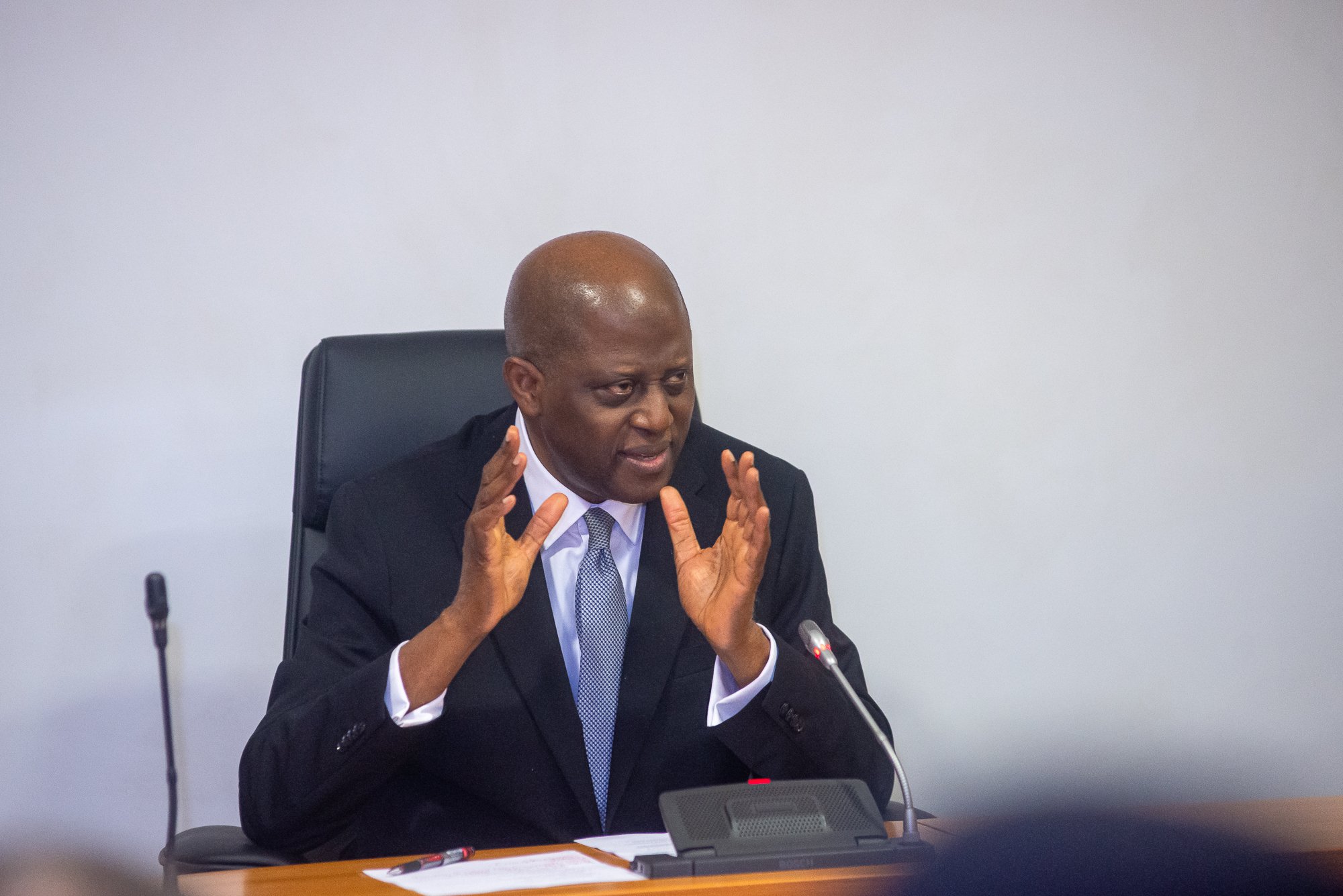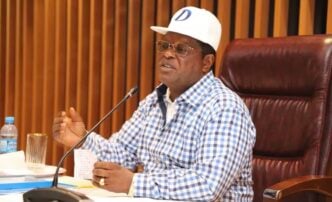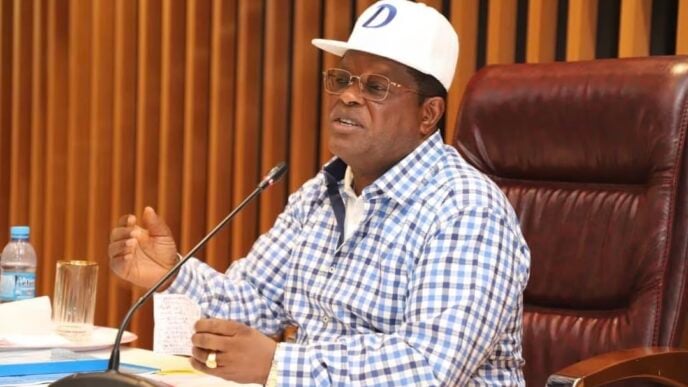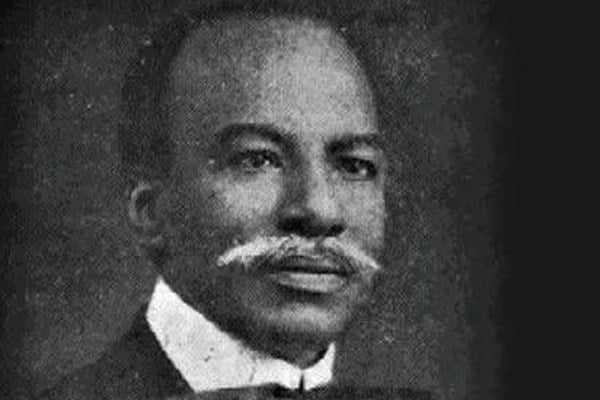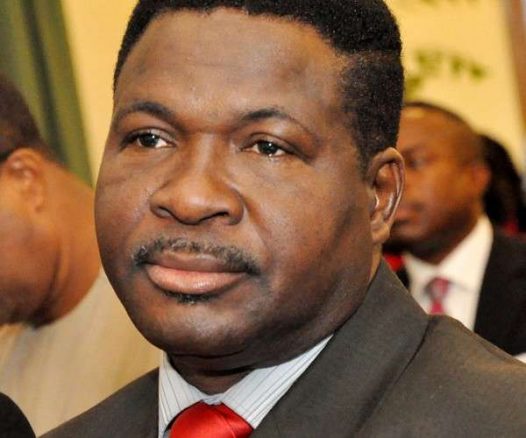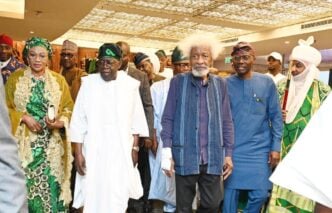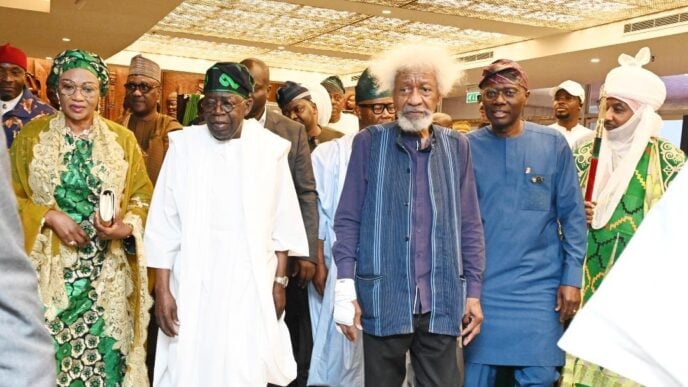Joash Amupitan, nominated INEC chairman
In every democracy, the integrity of elections rests squarely on the shoulders of its electoral umpire. For Nigeria, few institutions command asking much scrutiny, expectation, and influence as the Independent National Electoral Commission (INEC). To safeguard democracy, the nation must always be led in this sphere by a man or woman whose character commands trust, whose judgment inspires confidence, and whose conduct restores faith in the sanctity of the ballot.
That is why the unanimous approval by the Council of State of President Bola Ahmed Tinubu’s nomination of Professor Joash Ojo Amupitan (SAN) as the new INEC Chairman marks a defining moment in Nigeria’s democratic journey. It speaks volumes about the rigor, balance, and national consensus that informed the President’s choice.
From the days of Justice Victor Ovie-Whiskey of the old FEDECO, through Professor Eme Awa and Professor Humphrey Nwosu of the former National Electoral Commission (NEC), to the modern era of INEC, Nigeria has witnessed varying shades of electoral leadership—some controversial, others courageous. Yet, rarely has a nominee drawn such broad endorsement from across the political and civic spectrum as Professor Amupitan. His appointment stands out as a moment of quiet agreement in a typically divided political space.
Balancing the Scale
Advertisement
President Tinubu deserves commendation for maintaining regional balance by retaining the chairmanship of INEC in the Northern region, this time the North Central. It bears repeating that no one from the South-West, where the President comes from, has ever occupied this crucial office. By choosing Professor Amupitan, the President reinforces his commitment to equity, inclusiveness, and national unity.
Incredible credentials
A Professor of Law and Senior Advocate of Nigeria, Amupitan hails from Kogi State and brings a solid academic and ethical foundation to the job. A specialist in Company Law, Law of Evidence, Corporate Governance, and Privatisation Law, he became a Senior Advocate of Nigeria in 2014. Until now, he has served as Deputy Vice-Chancellor (Administration) at the University of Jos and Pro-Chancellor and Chairman of the Governing Council of Joseph Ayo Babalola University in Osun State. His nomination is a deliberate statement that competence, character, and neutrality are non-negotiable in the stewardship of Nigeria’s elections.
Advertisement
The Task Ahead
The assignment before Professor Amupitan is both critical and challenging. Nigeria’s electoral process, though improved in parts, remains burdened by logistical lapses, mistrust, and the corrosive influence of money and partisanship. The demand for reform is urgent. Technology must work seamlessly; electoral staff must be above reproach; and every vote must truly count.
Public confidence in INEC has wavered in recent years. Reversing that perception will require courage, independence, and transparency. Professor Amupitan must now lead an INEC that earns trust not through rhetoric, but through conduct and results.
Cementing His Legacy
Advertisement
History has handed Professor Amupitan both a mandate and a moment. He has the chance to rebuild faith in Nigeria’s elections, strengthen institutional independence, and set a standard that future electoral chiefs will be measured against.
To cement his legacy, he must be firm yet fair, decisive yet open, and uncompromising in the defense of the people’s vote. The expectation is clear: deliver elections that reflect the will of Nigerians, and INEC’s credibility will once again become a national asset rather than a national assault. .
Beyond reform and credibility, INEC under his watch must also court a new generation of Nigerian voters — especially the youth demographic, who make up the largest bloc of eligible voters but remain the least participatory. The Commission must design innovative voter education, digital engagement, and civic awareness programmes that rekindle young people’s faith in the ballot as the ultimate tool of change.
Equally important, INEC’s initiatives should help political parties and civic groups drive voter turnout. Nigeria’s voter apathy is alarmingly low— in the 2023 general elections, only about 27% of registered voters cast their ballots, one of the lowest participation rates in Africa’s major democracies. This chronic disengagement has dulled the appeal of the electoral process and weakened democratic legitimacy. Voter sensitization must therefore become a sustained national priority, not an episodic activity during election seasons.
Advertisement
For now, we can only commend President Tinubu for a sound, thoughtful, and unifying choice, and urge the new INEC Chairman to rise to history’s call — to make a difference, and to prove that trust, once regained, can still anchor Nigeria’s democracy.
Dare, CON, is Special Adviser to the President on Media and Public Communication
Advertisement
Views expressed by contributors are strictly personal and not of TheCable.
